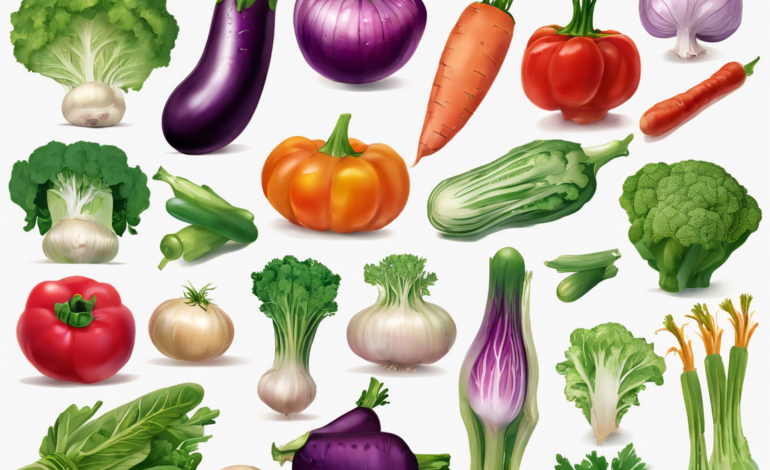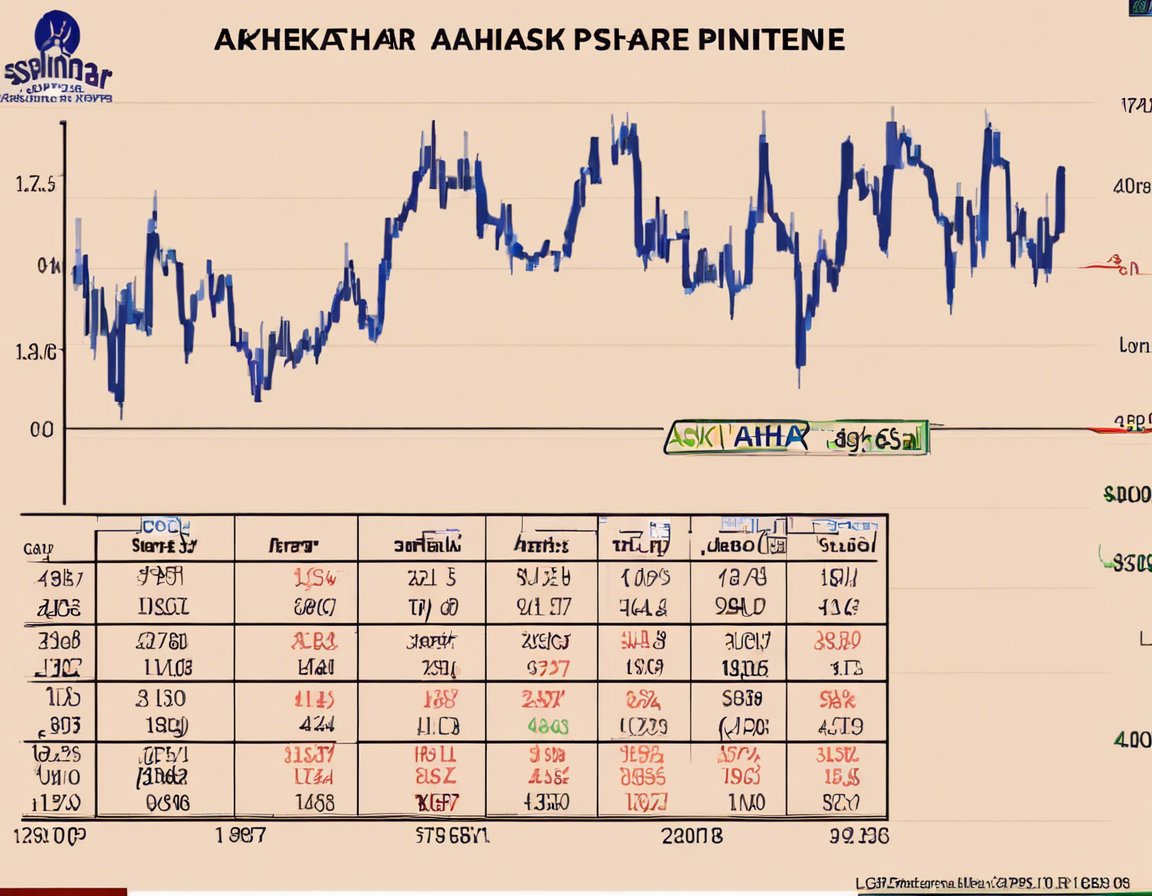
Discover Popular Vegetable Names
Vegetables are an essential part of a healthy diet, providing a wide range of nutrients that are vital for the body’s proper functioning. From leafy greens to vibrant root vegetables, there is a vast array of popular vegetables that offer both nutritional benefits and culinary versatility. In this article, we will explore some of the most popular vegetable names that are commonly found in kitchens and on dinner plates around the world.
Leafy Green Vegetables
Leafy green vegetables are renowned for their rich nutrient content, including vitamins, minerals, and antioxidants. These nutrient-dense vegetables are a staple in many diets and can be enjoyed in a variety of dishes, from salads to smoothies. Some of the most popular leafy green vegetables include:
Spinach
Spinach is a versatile leafy green vegetable that is rich in iron, vitamins A, C, and K, as well as folate and magnesium. It can be eaten raw in salads or cooked in dishes such as sautés, casseroles, and smoothies.
Kale
Kale is another nutrient-packed leafy green vegetable that is high in vitamins A, C, and K, as well as calcium and antioxidants. It can be enjoyed in salads, soups, stir-fries, and even baked into crispy kale chips.
Swiss Chard
Swiss chard is a vibrant leafy green vegetable with colorful stems that are rich in vitamins A, K, and C, as well as magnesium and iron. It can be sautéed, steamed, or added to soups and stews for a nutritious boost.
Cruciferous Vegetables
Cruciferous vegetables belong to the Brassicaceae family and are known for their cancer-fighting properties due to their high levels of glucosinolates and antioxidants. Some of the most popular cruciferous vegetables include:
Broccoli
Broccoli is a nutritional powerhouse packed with vitamins C and K, folate, and fiber. It can be steamed, roasted, stir-fried, or eaten raw with dips for a crunchy snack.
Cauliflower
Cauliflower is a versatile cruciferous vegetable that is high in vitamins C and K, as well as choline and antioxidants. It can be roasted, mashed, riced, or even turned into gluten-free pizza crust.
Brussels Sprouts
Brussels sprouts are small cruciferous vegetables that are loaded with vitamins K and C, fiber, and antioxidants. They can be roasted, sautéed, or shaved raw in salads for a unique flavor and texture.
Root Vegetables
Root vegetables are full of complex carbohydrates and essential nutrients like fiber, vitamins, and minerals. These hearty vegetables are versatile and can be roasted, mashed, grilled, or used in soups and stews. Some of the most popular root vegetables include:
Carrots
Carrots are rich in beta-carotene, a precursor to vitamin A, as well as vitamins K and B6. They can be eaten raw, roasted, steamed, or blended into soups and sauces.
Sweet Potatoes
Sweet potatoes are a nutritious root vegetable loaded with vitamins A and C, fiber, and antioxidants. They can be baked, mashed, roasted, or used in sweet and savory dishes for a nutrient boost.
Beets
Beets are vibrant root vegetables that are high in folate, manganese, and antioxidants like betalains. They can be roasted, steamed, pickled, or grated raw in salads for a pop of color and flavor.
Peppers
Peppers come in a variety of colors, shapes, sizes, and levels of heat, making them a versatile addition to many dishes. Bell peppers are rich in vitamins C and A, while chili peppers contain capsaicin, which has anti-inflammatory and metabolism-boosting properties.
Frequently Asked Questions (FAQs)
-
What are some of the most nutrient-dense vegetables?
Some of the most nutrient-dense vegetables include spinach, kale, broccoli, Brussels sprouts, sweet potatoes, and bell peppers. -
How can I incorporate more vegetables into my diet?
You can incorporate more vegetables into your diet by adding them to smoothies, salads, stir-fries, soups, stews, and side dishes, or by snacking on raw vegetables with hummus or guacamole. -
Are frozen vegetables as nutritious as fresh vegetables?
Frozen vegetables can be just as nutritious as fresh vegetables because they are typically frozen soon after harvest, preserving their nutrient content. However, be sure to choose plain frozen vegetables without added sauces or seasonings. -
Can I eat vegetables raw or do they need to be cooked?
Many vegetables can be eaten raw, providing crisp textures and fresh flavors. However, some vegetables are easier to digest and absorb nutrients from when cooked, such as cruciferous vegetables like broccoli and cauliflower. -
What are some ways to make vegetables more flavorful?
You can make vegetables more flavorful by roasting them with herbs and spices, sautéing them with garlic and onions, grilling them with a marinade, pickling them with vinegar and spices, or blending them into sauces and dips.
In conclusion, vegetables are a vital component of a healthy diet, offering an array of nutrients and health benefits. By exploring the popular vegetable names mentioned above and incorporating them into your meals, you can improve your overall health and well-being. Experiment with different cooking methods, flavors, and recipes to discover new ways to enjoy these nutrient-packed vegetables.





